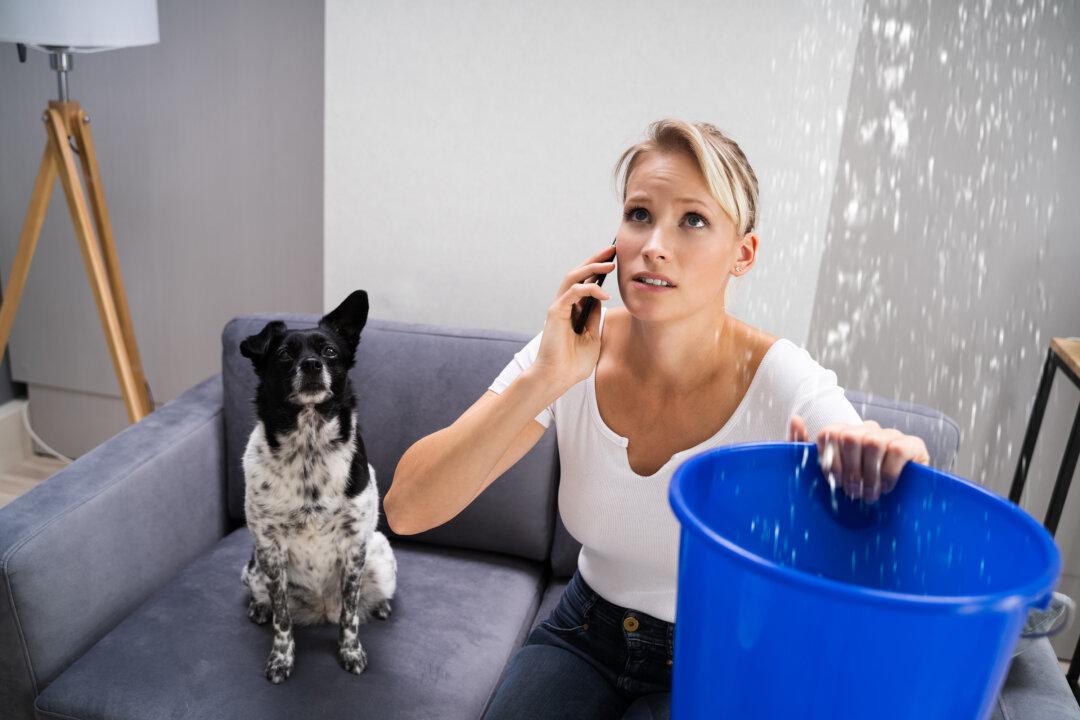By Paul F. P. Pogue
From Ask Angi
Some repairs on your home can wait. Others demand attention RIGHT NOW. While it’s never fun to think about how things can go wrong in your home, planning ahead and preparing is essential.

Some repairs on your home can wait. Others demand attention RIGHT NOW. While it’s never fun to think about how things can go wrong in your home, planning ahead and preparing is essential.